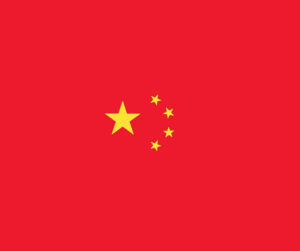- General
- January 5, 2024
- 2 minutes read
Chinese Shadow Bank Zhongzhi Files For Bankruptcy
Zhongzhi Enterprise Group, a prominent Chinese “shadow bank,” has filed for bankruptcy liquidation in a Beijing court months after reporting…

Zhongzhi Enterprise Group, a prominent Chinese “shadow bank,” has filed for bankruptcy liquidation in a Beijing court months after reporting heavy indebtedness. “Shadow banks” refer to firms that engage in bank-like activities (primarily lending) but without the strict regulations traditional banks fall under.
Zhongzhi is one of China’s biggest shadow banks, managing over 1 trillion yuan ($140bn) of assets at its peak. It lent heavily to real estate companies, a sector that has suffered amid a general property crisis in China.
- In November, Zhongzhi told investors that it was deeply insolvent with $64bn in debt against $28bn of assets. Signs of an impending crisis began after a Zhongzhi subsidiary missed expected payments to its bondholders.
A Beijing court accepted Zhongzhi’s bankruptcy filing on Friday, noting that the company was unable to pay its debt. Over decades, Zhongzhi raised massive sums from retail and institutional investors and lent to Chinese real estate developers. Now, a property crisis means the company is holding distressed assets worth much less than its obligations to investors.
Zhongzhi’s bankruptcy filing will allow it to sell assets speedily to shore up liquidity. Yet, the company’s investors will likely take a sizeable haircut on their holdings.
Zhongzi’s bankruptcy is the latest sign of China’s property crisis, which has brought down many of the country’s real estate giants. Evergrande Group, China’s second-largest property developer, filed for bankruptcy in a U.S. court last August, reporting a colossal $330bn in liabilities. Country Garden, the country’s largest property developer, defaulted on its dollar bonds last year but has staved off bankruptcy; it has $190bn in liabilities.






